At the beginning of the year, Samsung and Google announced Eclipsa Audio, a 3D audio format meant to rival Dolby Atmos. The new spatial audio tech is supposed to arrive in Samsung's 2025 TV and soundbar lineup as well as the Google-owned YouTube this year.
Eclipsa Audio is similar to Dolby Atmos and uses "audio data such as the location and intensity of sounds, along with spatial reflections” to create a 3D experience.
Google has now confirmed that the free Atmos alternative is also launching on Android this year via an upcoming Android Open Source Project (AOSP) release.
It's a huge announcement since it means millions of devices will get access to this tech that has so far been relegated to your local movie theater or TV system.
Google wrote in a blog post, "Google and Samsung will be launching a certification and brand licensing program in 2025 to provide quality assurance to manufacturers and consumers for products that support Eclipsa Audio."
As one of Google's biggest mobile partners, we're going to assume that Samsung will get this feature pretty quick, especially as the Korean company is in the midst of launching this year's new Galaxy S25 lineup.
What will truly make this new spatial audio work is if its coupled with the best earbuds and best headphones. Unfortunately right now, the only spatial audio capable headphones on our best lists are Apple's AirPods Pro 2, which utilize head-tracking to make it feel like you're sitting in a movie theater when using Dolby Atmos enabled audio.
The excellent Sonos Ace headphones, do support Dolby Atmos but are hindered by the ongoing issues with the company's app and rumors of potential sale, possibly to Apple.
Samsung's own Galaxy Buds 3 Pro are supposed to support Dolby head-tracking and that's what will be needed to let your Android devices truly take advantage of Eclipsa Audio.
Hopefully, during the Galaxy Unpacked event this week Samsung will announce updates to allow the Buds to accommodate the news.
Google's blog post noted a number of free tools for developers to download to make their own Eclipsa capable files as well as enable manufacturers to develop their own workflows.
Assuming manufacturers like Bose, Sony and more get on board with Eclipsa it really could spread 3D spatial audio to a wider variety of ears than have had the chance to experience before.
More from Tom's Guide
- Samsung Galaxy S25 Unpacked live blog — all the big launch day news as it happens
- What to expect from Google in 2025 — Pixel 10, Android 16, Pixel Watch 4 and more
- Samsung Galaxy S25 vs Google Pixel 9: Which Android flagship is best?


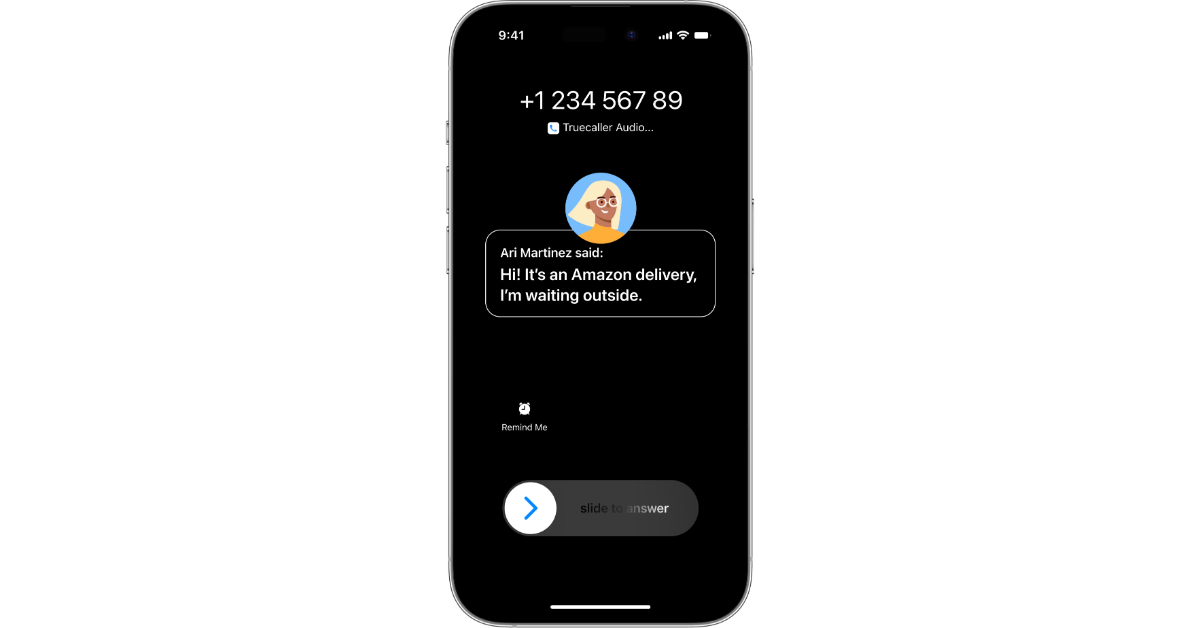

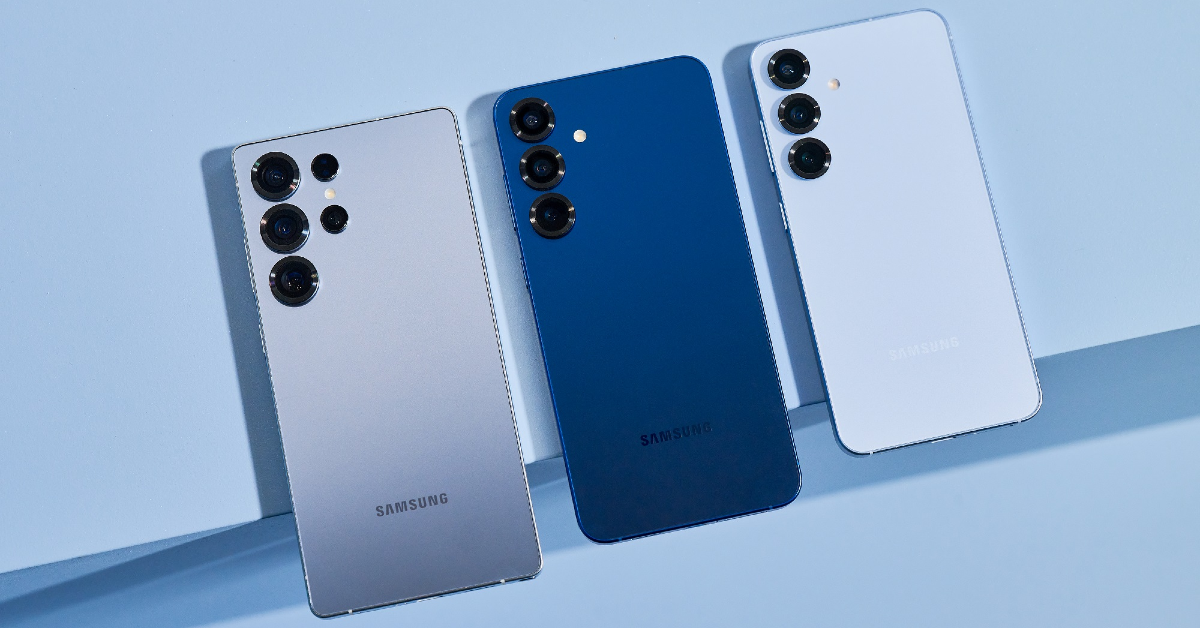

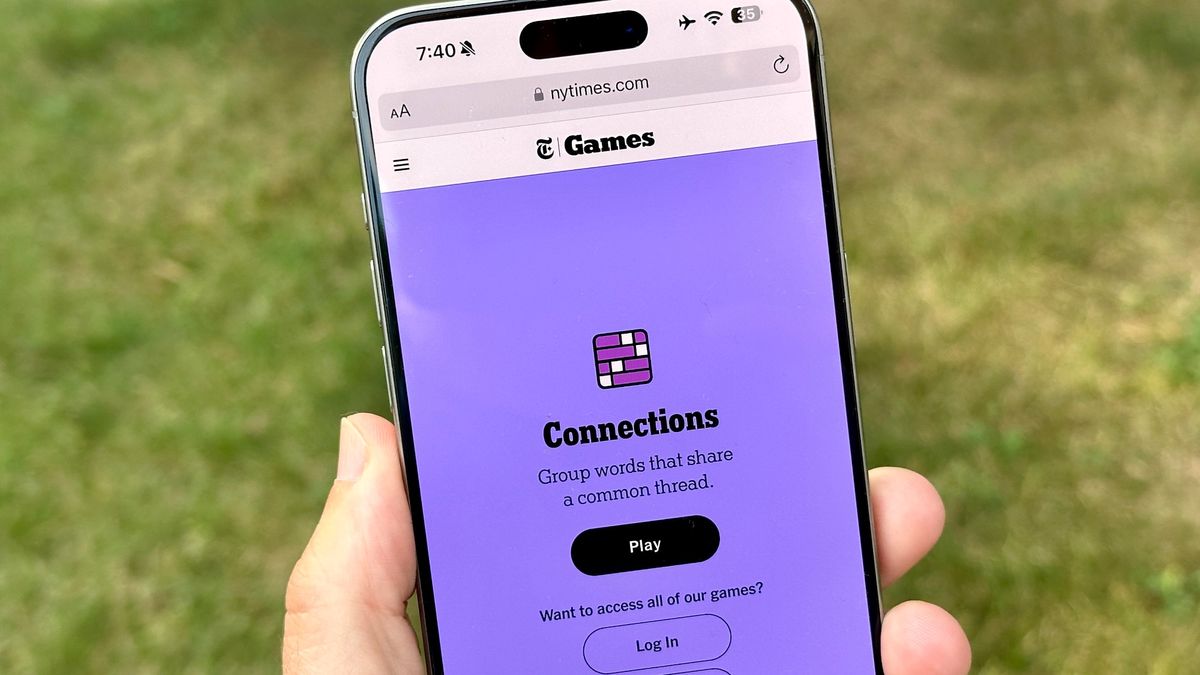
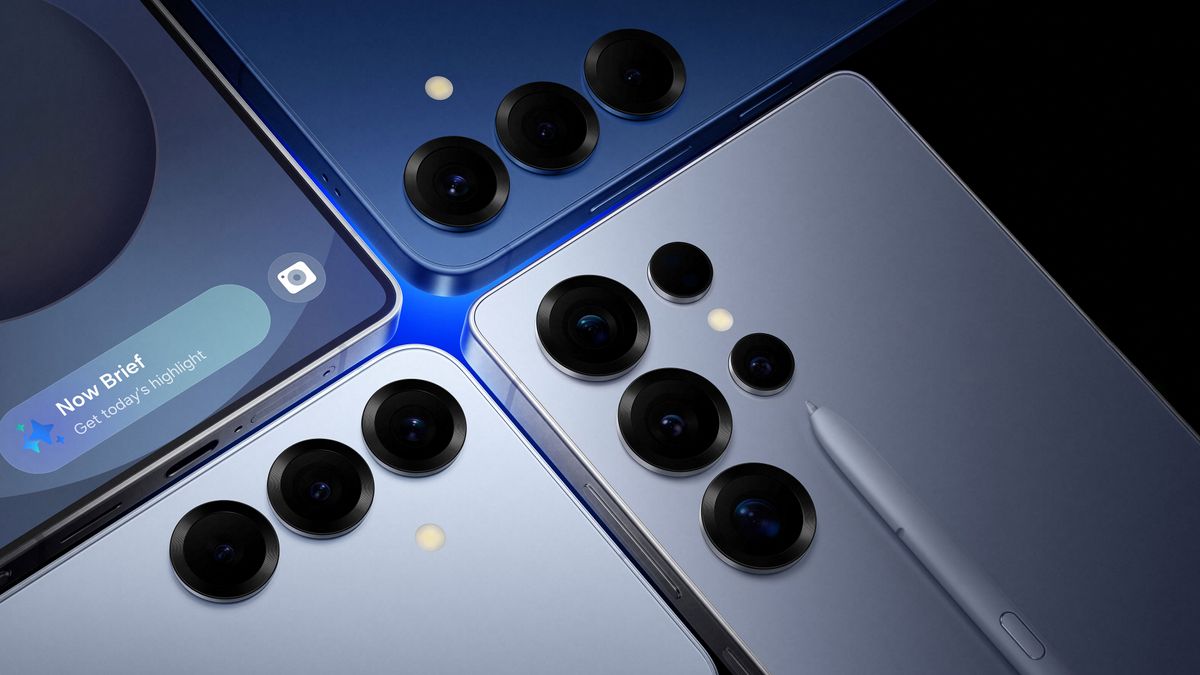

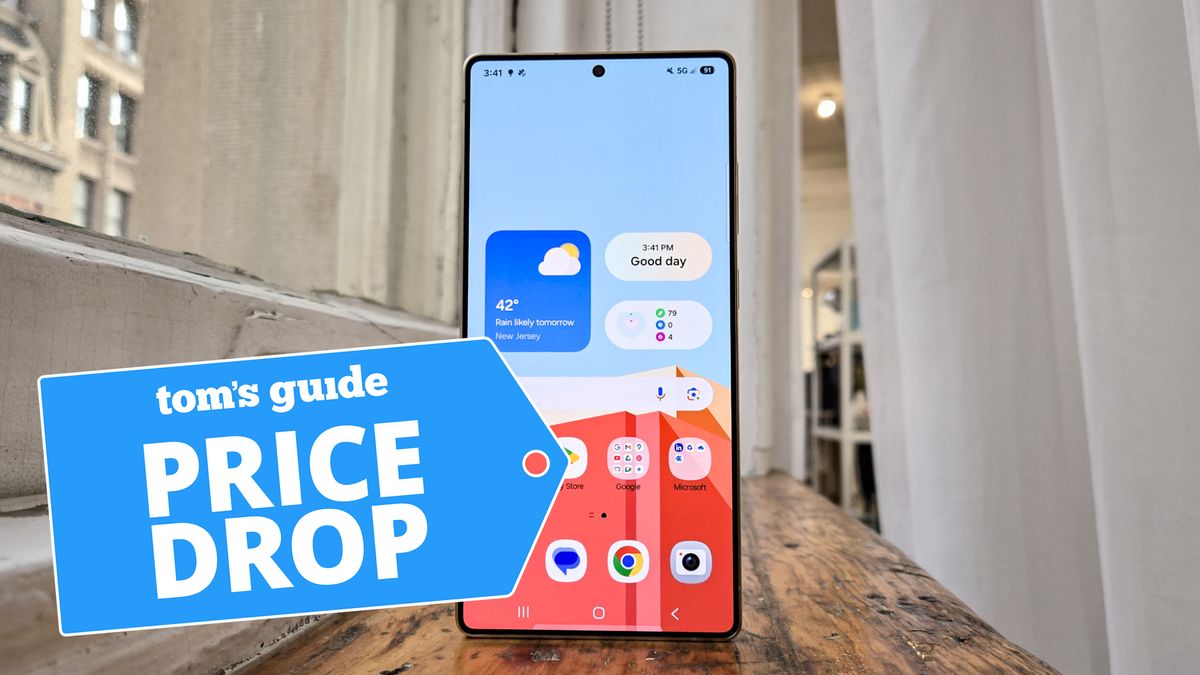









 English (US) ·
English (US) ·